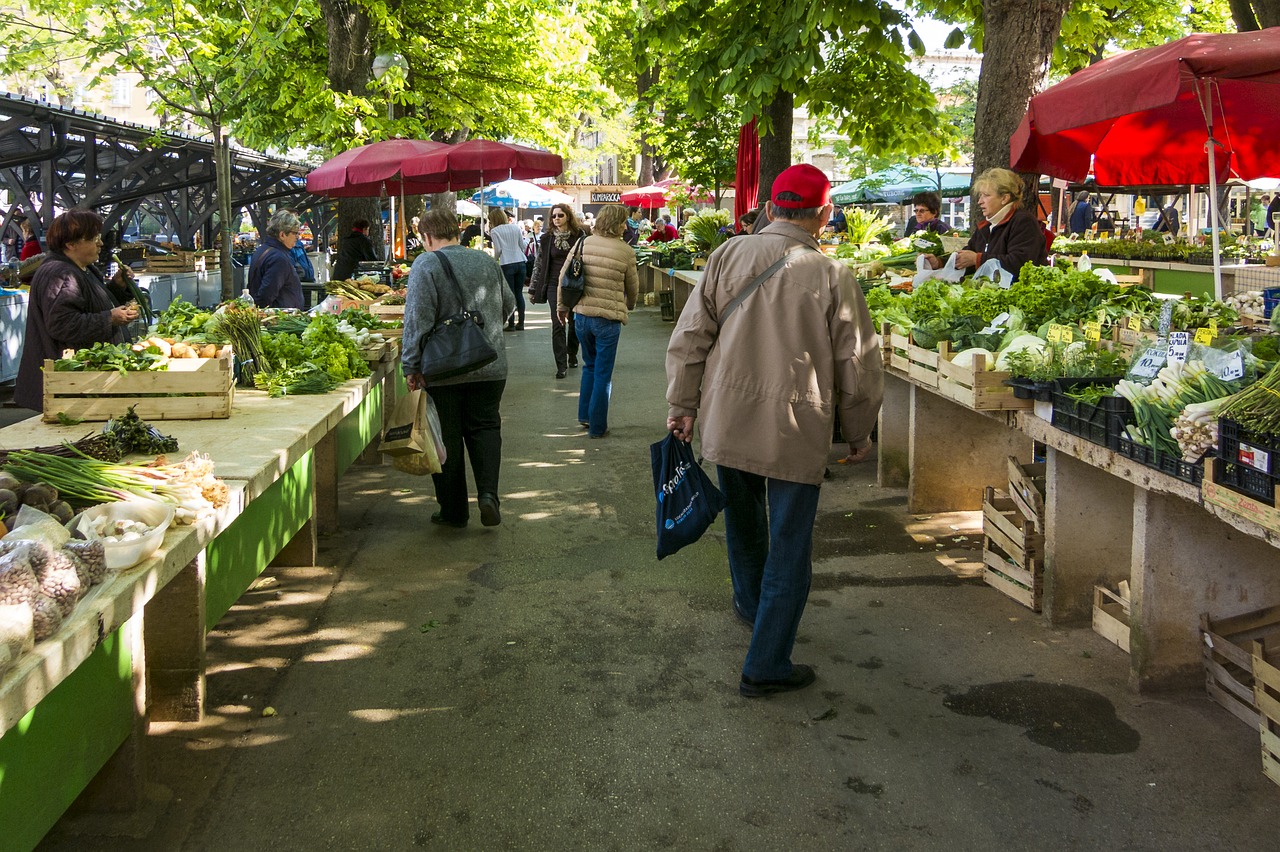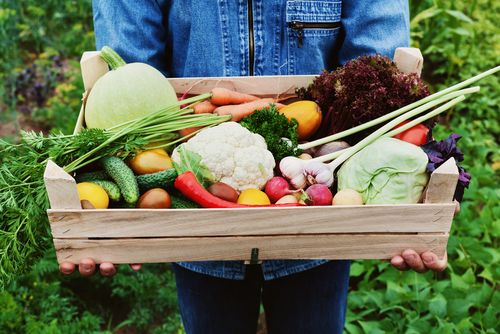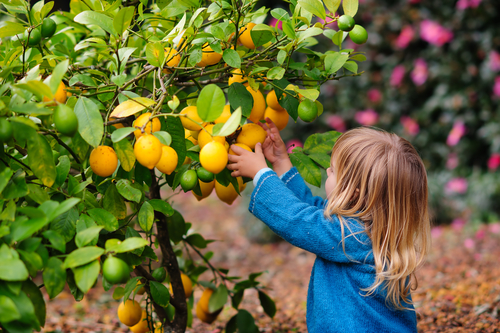Can you cut 1 Tonne of carbon pollution out of your life?
Take the challengeThe majority of us want to buy local produce, we like the idea of supporting the farming families that grow it and the industries that support it. But with 'city creep' and urban sprawl pushing into the outskirts of cities around the world, the farms that supply our cities with local produce are threatened.
The total area covered by the world's cities is set to triple in the next 35 years, eating up the farmland that provides the most sustainable produce to our plates. As farms are forced to spread, so does the carbon footprint of the produce we consume. The longer perishable produce spends travelling long distances refrigerated (or frozen) not only generates a larger carbon footprint for your produce but also reduces its freshness, flavour and nutritional value. Highly perishable foods such as leafy greens and berries are most importantly grown on city fringes as they require energy-intensive refrigerated transport to ensure they do not spoil before eaten.
It is staggering that the average American meal travels over 2400 km to get from farm to plate and by the time it gets there, every 1 kcal of energy your body receives from your meal, the equivalent of 10 kcal of fossil fuel energy has gone into it. With urban sprawl increasing at a fastening pace, this is only set to skyrocket.
So where will our produce have to travel from?
Currently, the food production surrounding Sydney is enough to feed 20% of its population, but within 15 years if the urban sprawl and population growth of Sydney continues at its current rate, over 90% of the current vegetable production will be lost.
We need to look beyond the economic benefit of selling urban fringe land for housing development and look at the benefit that this land has when producing food. Currently, as we see an increase in population the zoning and laws in many cities favour development rather than the protection of farmland.
The smaller farmers found around Sydney hold a key role in the future of food production. Supermarkets encourage large volumes of single crops creating a fast-paced cycle that is unsustainable for tending soils, uses large volumes of water and doesn't encourage biodiversity in crops. By supporting local produce you are increasing the resilience of farmers to continue their livelihood while simultaneously reducing the environmental footprint of your food.
How can I buy local produce?

Image: Pexels
Farmers Markets
Spending your Saturday morning strolling around local farmers markets is not only a great weekend pastime but also a convenient place to find local produce. From jarred goods to food trucks you'll find an array of food to fulfil your shopping list needs. Unlike shopping at the supermarket, farmers markets are a great community activity, you can stop to chat with the stallholders (often the farmer themself!) and ask them where their produce has been grown, what is in season or how their crop has been raised.

Image: Shutterstock
Produce Boxes
If the thought of getting up early on your weekend to make it to the farmers market seems like a daunting task finding a local produce box system might be the way to go. It's always exciting to find what seasonal fruit and vegetables this week's box has in it and you will be surprised how inventive your recipes will get! And for those that don't like surprises, there are options that allow you to customise your order to ensure you know exactly what you'll get.

Image: Shutterstock
Direct from the farm
If you are feeling more adventurous, or looking for an excuse to get out of town, find farmers that sell their produce direct from their farm or 'pick your own.' This will show you exactly where your food comes from. Especially those with kids! Allowing children to see where the food that ends up on their plate comes from and how to pick it themselves can be a great activity for the whole family.Read this next: A quick guide to alternative food outlets by Sustainable Table

